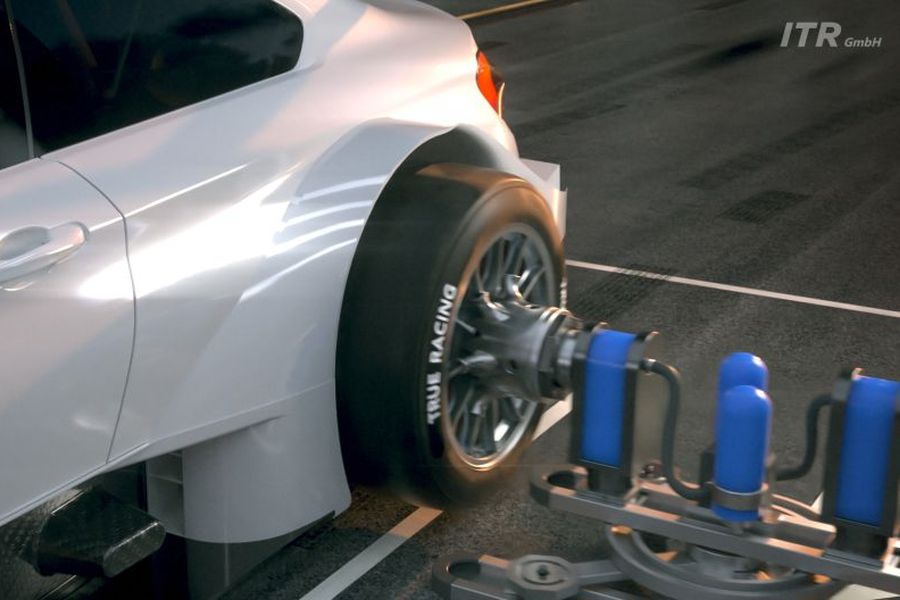The Race for Innovation: How Technology is Revolutionizing the Motorsports and Automotive Industries
Technology has revolutionized many businesses throughout the world in recent years. The motorsports and automobile industries are two that have been profoundly impacted by technological breakthroughs. Several industries are undergoing substantial changes as a result of the integration of technology, which is revolutionizing the way they operate, design, and deliver services. In this article, we will look at how technology is revolutionizing the motorsports and automotive industries, as well as how it is influencing businesses like Empire Movers & Storage, one of the region’s leading white glove moving services providers.
Technology in Motorsports
Motorsports is one of the world’s most popular sports, having millions of fans worldwide. Motorsports, as a highly competitive discipline, necessitate new technology to provide drivers with an advantage in races. The use of technology in motorsports has increased in recent years, with teams and manufacturers investing in new technologies to improve performance and safety. Following are some instances of advanced technologies utilized in racing:
Telemetry: Telemetry is a technology that enables race car designers to collect and analyze data in real-time. Engineers can use telemetry to monitor the car’s and driver’s performance and make real-time adjustments to improve performance. Racers have used this technology to enhance their lap times and win races.
Simulation Software: Simulation software is another technology that is transforming the motorsports industry. Engineers can use this software to create virtual environments that replicate the features of a genuine racetrack. Engineers can utilize simulation software to evaluate different car configurations, investigate the impact of different weather conditions, and fine-tune race car performance before they hit the track. This method not only saves money but also minimizes the likelihood of accidents occurring during races.
Hybrid Technology: Hybrid technology is becoming more common in motorsports, particularly in Formula One racing. This technique combines a normal gasoline-powered engine with an electric motor to improve fuel economy and reduce pollution. Not only can hybrid technology help the environment, but it also increases race car performance by providing an extra burst of power during acceleration.
Technology in Automotive Industry
With the integration of technology, the automotive sector is likewise undergoing tremendous change. Manufacturers are spending considerably on new technologies to fulfill shifting consumer expectations as demand for electric and driverless vehicles grows. Following are some examples of innovative technologies employed in the automotive industry:
Electric Vehicles: Because of their minimal emissions and low operating costs, electric vehicles are becoming more popular among consumers. Electric vehicles may now go long distances on a single charge due to developments in battery technology, giving them a viable alternative to regular gasoline-powered cars.
Autonomous Vehicles: Another technology revolutionizing the automobile sector is autonomous vehicles. Autonomous vehicles can function without human interference thanks to the combination of modern sensors, cameras, and software. This technology has the potential to drastically reduce the number of traffic accidents, enhance traffic flow, and cut carbon emissions.
Connected Vehicles: Linked vehicles are automobiles outfitted with contemporary sensors, cameras, and software that allow them to communicate with other vehicles and infrastructure. By giving drivers real-time information on road conditions, traffic patterns, and potential hazards, this technology has the potential to improve road safety.
The Impact of Telemetry on Motorsports
The incorporation of technology in the motorsports and automotive industries has not only influenced vehicle performance and design, but has also changed the way these industries function. Here are some examples of how technology is changing how particular industries operate:
Cooperation and communication: Improved as a result of the adoption of modern technologies by motorsports teams and manufacturers. With real-time telemetry, engineers may remotely monitor race car performance and provide feedback to drivers during races. This has resulted in better team interaction, which has resulted in enhanced performance and safety.
Efficient Manufacturing Processes: 3D printing and robotics are revolutionizing the automobile production process. These technologies enable firms to make high-quality parts with greater precision and efficiency, decreasing manufacturing time and cost. As a result, production times have been reduced and design freedom has increased.
Data-Driven Decision Making: Data analytics is transforming the way decisions are made in the racing and automotive industries. Manufacturers and teams may make educated design, performance, and safety decisions by acquiring and evaluating data from many sources. As a result, performance has improved, prices have fallen, and safety has improved.
Increased Safety: As new sensors, cameras, and software are incorporated, the racing and automotive industries are becoming safer. The use of telemetry and simulation software in motorsports has reduced the likelihood of accidents occurring during races. The use of self-driving and connected vehicles in the automotive industry has the potential to dramatically reduce the incidence of traffic accidents.
The motorsports and automotive industries are being significantly transformed by technology. These industries are becoming more efficient, safer, and kinder to the environment. Integration of innovative technologies has also offered new opportunities for companies such as logistics and transportation providers. As these industries grow, it is critical for firms to adapt and adopt new technology in order to remain competitive and fulfill their clients’ evolving expectations.
Conclusion
The racing and automobile industries are undergoing massive transformations as a result of technological integration. The rising demand for new technologies is influencing businesses such as Empire Movers & Storage in NYC. Companies that provide logistics and transportation services to these industries must adapt and embrace new technologies to remain competitive and meet their clients’ evolving needs. We may expect further inventions that will alter these industries and influence the future of transportation as technology improves.



